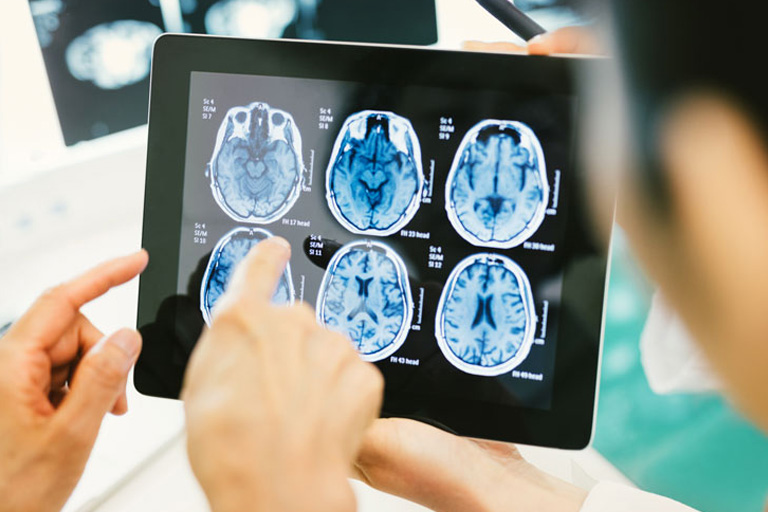There’s been a lot of fanfare about the Institute of Medicine’s (IOM) recent report calling for a new federal watchdog agency to oversee the safety of health information technology (HIT) and investigate adverse events related to HIT. While IOM acknowledges that some components of HIT have improved the quality of healthcare and reduced medical errors, patient safety overall has not improved to the extent that the organization had hoped for. Moreover, new patient safety issues are emerging that are directly attributable to HIT.
And while the report notes that the safety incidents involve a variety of HIT tools–such as personal health records, patient portals, and health information exchanges–there’s no denying that the bulk of IOM’s emphasis is on electronic health records.
Yes, the report says that EHRs can be used to detect, document, and analyze patient safety problems, that their alerts and reporting can improve the health of individual patients, and that EHR data can be used to improve the safety of populations. But IOM also points out that there was “little published evidence to quantify the magnitude of the risk” involved with the use of EHRs and that “contract barriers” in vendor agreements, such as confidentiality and nondisclosure clauses prevent users from sharing information about patient safety issues with their EHR systems.
“Vendors contractually have been trying to hide errors rather than discuss them and make design changes,” Dr. Deborah Peel, a Texas-based psychiatrist and head of Patient Privacy Rights, a leading health watchdog group, tells FierceEMR. This means that while user error certainly contributes to adverse events and the creation of unsafe patient conditions, the issue is far more complicated.
“With the gold rush by EHR vendors to sell [their systems], there are problems with these technologies,” Peel says. “EHRs are pretty primitive and not ready for prime time. They haven’t even been tested for patient safety.”
Several design flaws Peel is aware of include:
- Usability problems: Too many screens or clicks needed to use the EHR system, causing user error;
- Coding software problems;
- System glitches: Incorrectly recorded information or disappearing data;
- Keys/bars too close together: This can cause clinicians to misplace decimal points or click on the wrong dose or name of a medication;
- Backfiring features: For example, a substitution of one clinician’s name for another intended in one entry applied by the software to the entire medical record, changing the clinician’s name throughout.
“This is why we took a strong stance on the need for reporting,” Peel says.
Many of IOM’s recommendations, if adopted, would have a tremendous impact on the EHR vendor industry, such as:
- Safety testing of EHRs for high-prevalent, high-impact patient safety risks;
- Adoption of criteria by accrediting organizations relating to EHR safety;
- Making users’ experiences across vendors publicly available;
- Adopting a mechanism for users and vendors to report deaths, injuries and unsafe conditions, and to learn from them.
Still, Peel believes that the industry should go even further, taking such steps as barring vendors from shifting liability for vendor errors to providers and creating an easy rating system so providers can compare EHR systems for patient safety. She also is in favor of prohibiting ‘grandfathering’ existing EHRs as safe and reliable, and creating strong whistleblower protections.
“The public and Congress have unrealistic hopes regarding technologies in healthcare,” Peel says. “This report is a cautionary tale. Self-policing [by the vendor industry] doesn’t work.”


































